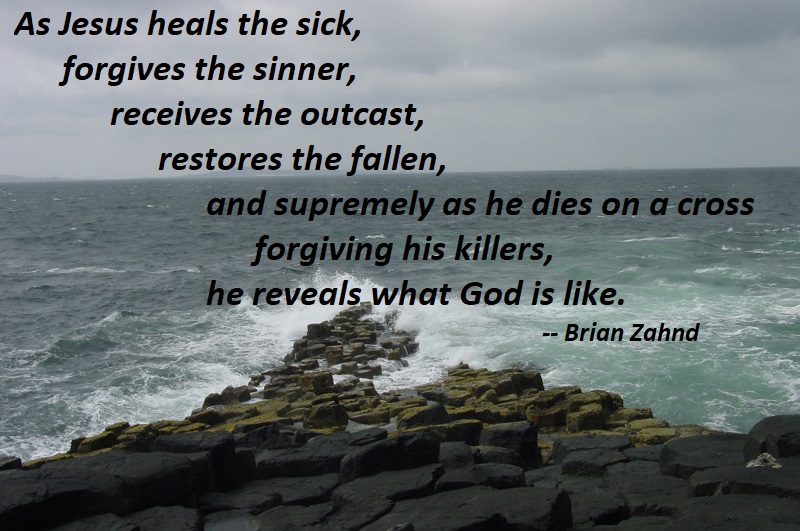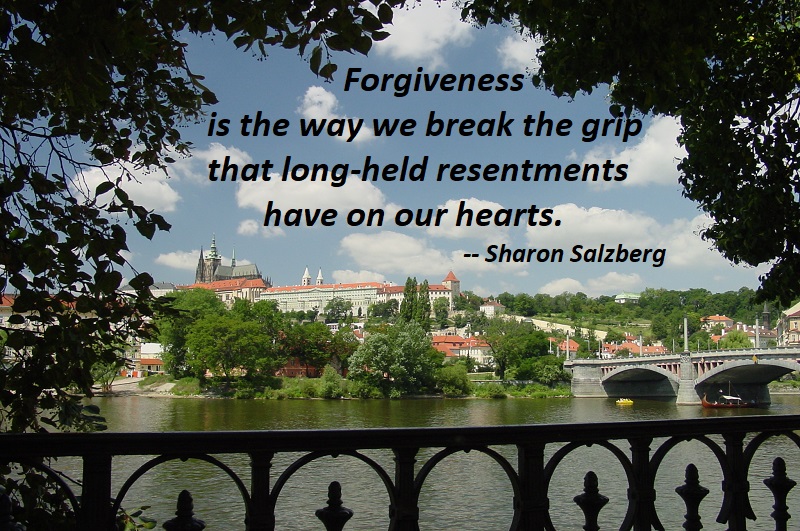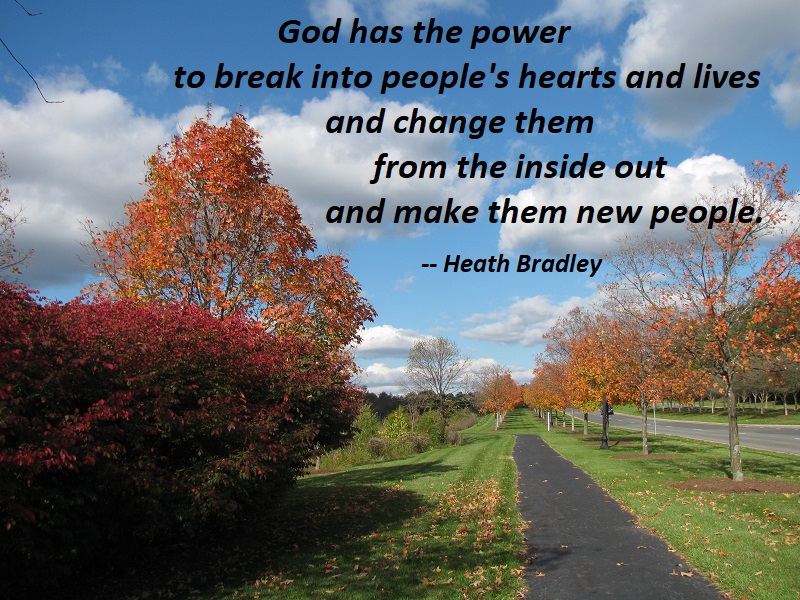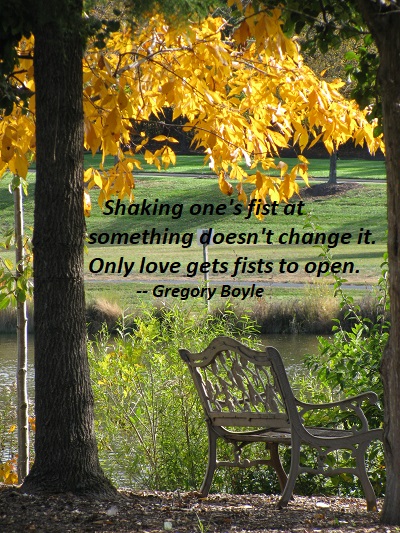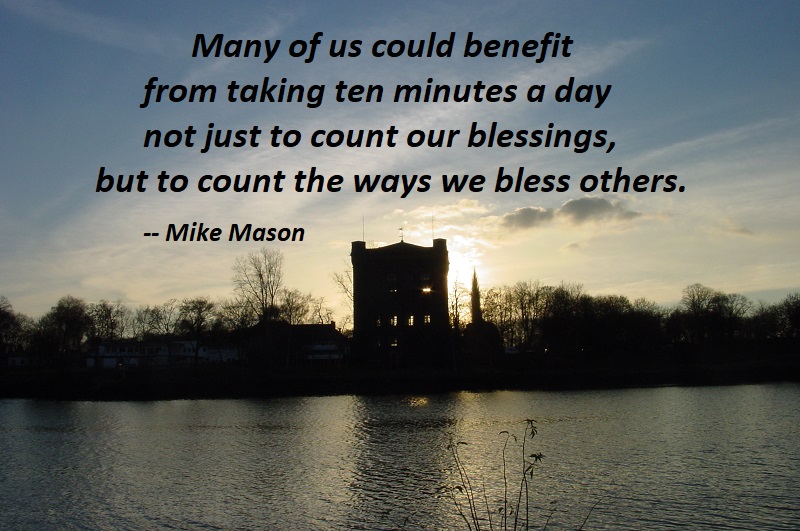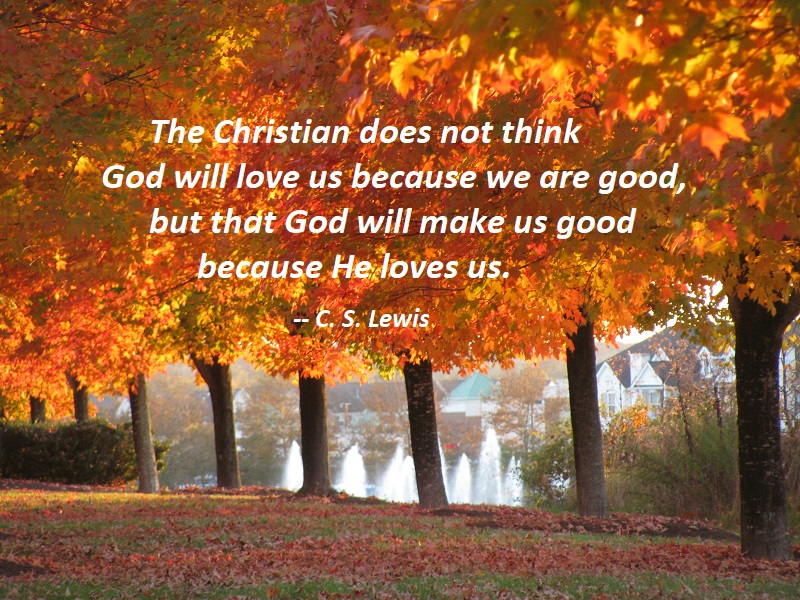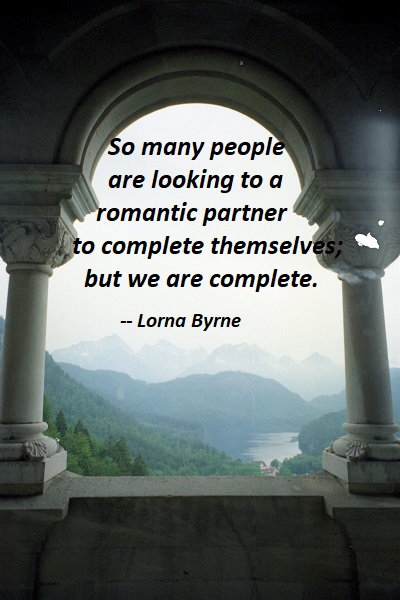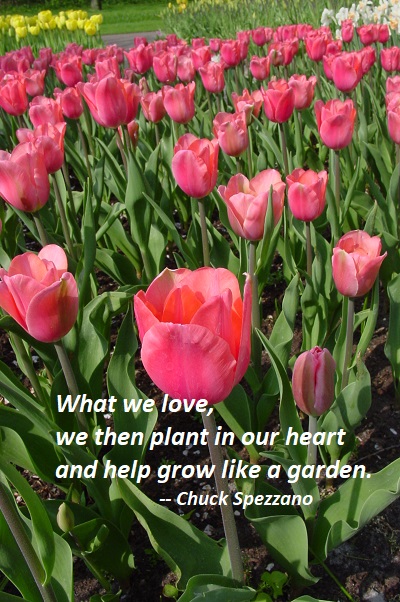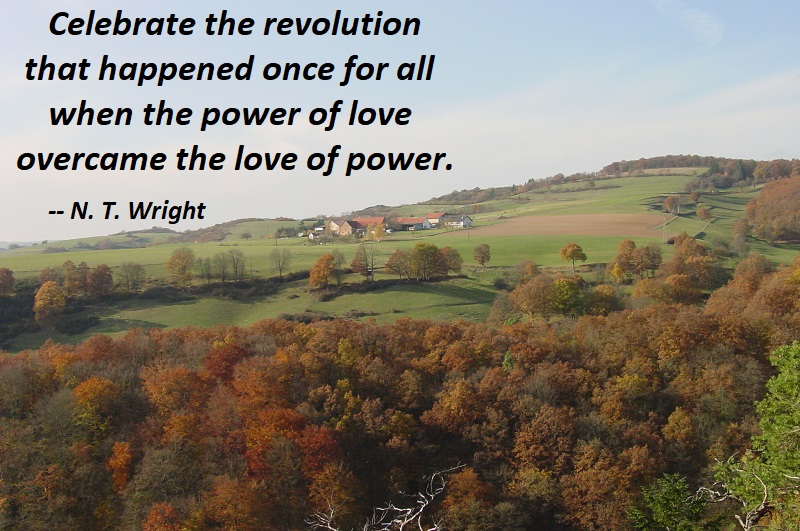God Is Like Jesus
Jesus’s entire life was a demonstration of the true nature of God. As Jesus heals the sick, forgives the sinner, receives the outcast, restores the fallen, and supremely as he dies on a cross forgiving his killers, he reveals what God is like. To see Jesus is to see the Father. At last we know that God is not like the thunderbolt-hurling Zeus or any of the other angry gods in the pantheon of terrorized religious imagination. God is like Jesus, nailed to a tree, offering forgiveness. God is not a monster. God is like Jesus!
— Brian Zahnd, Sinners in the Hands of a Loving God, p. 93-94
Photo: Staffa Island, Scotland, July 13, 2003
